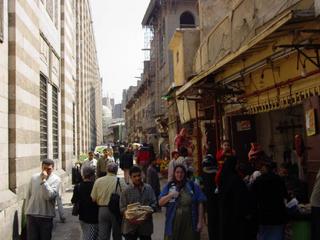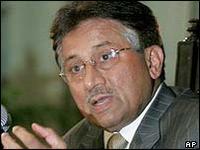The city opens up . . .

It's amazing what a few words can do. Several days ago I was subjected to a point and pantomine to order what I want. That same day a counter man at a falafel (tamaaayah in Egpyt) asked for 50 piasters (cents), and instead I gave him fifty Egyptian pounds. It was easy to do - the two bills are a similar size and color. But I couldn't even understand that I had grossly overpaid him, and in the end he had to point and pantomine as well. How can it be that the curse of Babel makes humans act more like apes than the supposedly intelligent creatures we are?
Now, after four days of four-hour classes, I know some Egyptian Arabic. Not a lot, mind you, but enough to get around, order food, ask people to breakfast (neftar in Egyptian) and make a more-fluent fool out of myself.
Suddenly the pollution-packed streets of Cairo seem a bit brighter, friendlier. Now I can laugh over my stumbling words with Hazzem, the friendly waiter who brings me roast pigeon stuffed with rice. And my taxi driver and I can gleefully compare the Arabic and English words for mosque and church as we whiz over the Kasr-El-Nil bridge to Zamalek. I slap the seat in joy and he chuckles with pride as he says how much of a new language he has also learned in such a short time.
"After only two months!" He crows.
"Kwyis owi (very good)," I reply.
And so it is.




